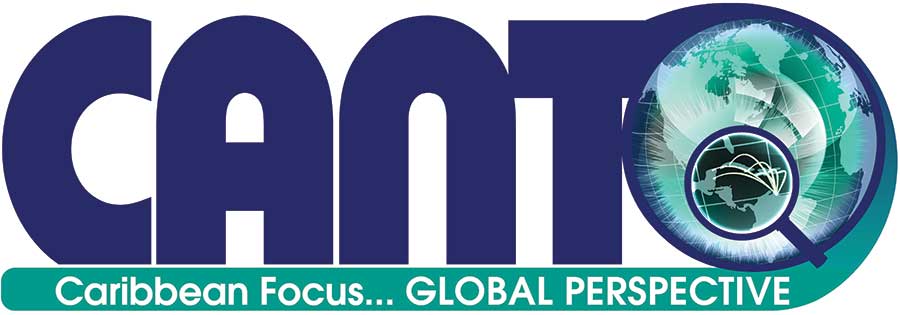
In a move to shape and align the strategic ICT agenda in the region, the Caribbean Telecommunications Union (CTU) brought several regional ICT stakeholders together at the Hyatt Regency Hotel, Port of Spain, Trinidad on 5th and 6th December 2016.
In attendance were senior officials representing Governments, Regulators, CANTO, CARICOM, Network Operators and other ICT stakeholders. Topics discussed included roaming charges, Over the Top (OTT) providers, net neutrality, number portability and incentivising broadband development in the region.
One highlight of the meeting was the establishment of a new Caribbean ICT Collaboration Committee with a mandate to make recommendations to Caribbean Governments on key ICT issues affecting the region.
The Chairman of the newly formed Committee, Mr Lucien Blackmoore, Permanent Secretary in the Ministry of Information, Science and Technology, Dominica, gave his commitment to this collaborative approach and looked forward to working with all the stakeholders to enable ICT development in the region.
Vice Chairman of the Caribbean ICT Collaboration Committee and CANTO Chairman, Mr Julian Wilkins commended the CTU on the establishment of this initiative. He added that CANTO was delighted to be part of this historic event and he looks forward to collaborating and cooperating with ICT stakeholders. He concluded that this is a great opportunity to make progress on a number of key ICT issues affecting the Caribbean.


All the obvious stuff aside – insurance, etc – the real key issue here is the inflexible vehicle registration issue that people are burdened with. A brilliant example is the pickup that has a speed limit of 65 km/hr despite being registered for private use.
That the systems need to change to accommodate progress is something many of us have repeated ad nauseam for decades. What we do not see is the actual progress.
In the case of Uber, it’s going to be hit or miss. Despite what vocal people think, if the issue were to be put to a vote I doubt that the majority of people care enough to make this an issue. People have been ‘pulling bull’ for years, and while Uber offers coordination of it without the bureaucratic checks and balances (which, really, some should exist) at the cost of sending foreign exchange out. Wait, what? You mean the people who complain about foreign exchange aren’t concerned about that? Ahh, the hypocrisy.
Could something LIKE Uber work? Oh, most certainly, just as one can open a coffee shop in Trinidad and Tobago without spending money on a franchise, both up front and recurring costs (foreign exchange). But Trinis are allergic to things made in T&T, and usually with a fair reason.